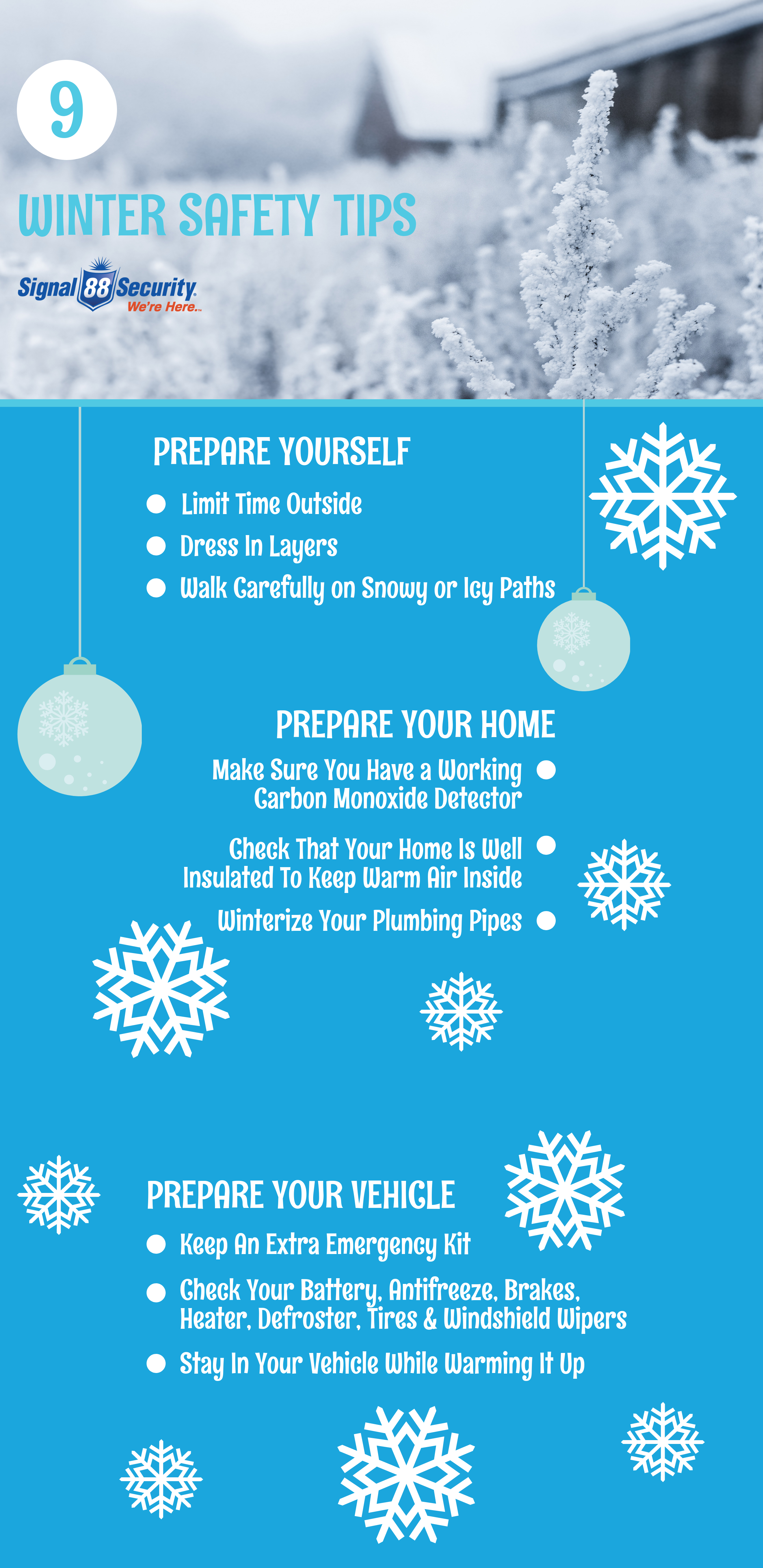
Winter Travel Safety: Essential Tips To Brave The Cold And Stay Secure
As the winter season approaches, it's crucial to be aware of the potential hazards and take necessary precautions to ensure a safe and enjoyable travel experience. Winter weather can be unpredictable, making it essential to be prepared for various conditions, including snow, ice, freezing temperatures, and reduced visibility.
Risks Associated with Winter Travel
Winter travel poses several risks that travelers should be aware of:
- Vehicle accidents: Snow and ice can make roads slippery and hazardous, increasing the risk of accidents. Poor visibility due to snow or fog can also contribute to collisions.
- Cold-related illnesses: Exposure to extreme cold can lead to hypothermia and frostbite. These conditions can be life-threatening if not treated promptly.
- Snowstorms and blizzards: These severe winter weather events can cause road closures, power outages, and disruptions to travel plans.
- Wind chills: Strong winds can significantly increase the body's heat loss, leading to hypothermia even at relatively mild temperatures.
Essential Tips for Winter Travel Safety
To mitigate these risks and ensure winter travel safety, follow these essential tips:
Before You Travel
- Check weather forecasts and road conditions: Stay informed about the weather forecast for your destination and along your route. Check local road reports for closures or hazardous conditions before出发.
- Plan your route carefully: Choose routes that are well-maintained and avoid remote areas. If possible, plan alternative routes in case of road closures.
- Prepare your vehicle: Ensure your vehicle is in good condition, with all necessary fluids topped off. Consider equipping your car with snow tires or chains for improved traction in snowy conditions.
- Pack an emergency kit: Include items such as blankets, a first-aid kit, non-perishable food, water, a flashlight, and a whistle.
- Inform someone about your travel plans: Let a friend or family member know your itinerary, estimated arrival time, and any potential delays.
During Your Travel
- Drive cautiously: Adjust your speed according to road conditions and visibility. Be aware of black ice, which can be difficult to see.
- Keep a safe distance from other vehicles: Allow for ample space to stop or maneuver, especially in slippery conditions.
- Stay warm and hydrated: Wear appropriate clothing to protect yourself from the cold and wind. Drink plenty of fluids to stay hydrated.
- Take breaks: If you're driving for an extended period, stop periodically to rest and warm up.
- Be prepared for delays: Allow extra time for your journey, especially during winter storms or other adverse weather conditions.
In Case of an Emergency
- If you become stranded: Stay in your vehicle and call for help using your cell phone or the emergency roadside assistance number.
- Keep your engine running: If you're stuck in snow or ice, keep the engine running for warmth, but make sure the tailpipe is clear of snow to prevent carbon monoxide buildup.
- Exit your vehicle cautiously: If you need to leave your car, do so carefully and avoid walking long distances in extreme cold.
- Seek shelter: If you can safely leave your vehicle, seek shelter in a warm, dry place.
- Call for help: Use your cell phone or whistle to signal for assistance.
Conclusion
Winter travel can be enjoyable and safe with proper preparation and precautions. By following these essential safety tips, you can minimize risks and increase your chances of reaching your destination safely and securely. Remember to check weather and road conditions before you travel, prepare your vehicle, pack an emergency kit, and drive cautiously during winter weather. By adhering to these guidelines, you can ensure a stress-free and enjoyable winter travel experience.
Post a Comment